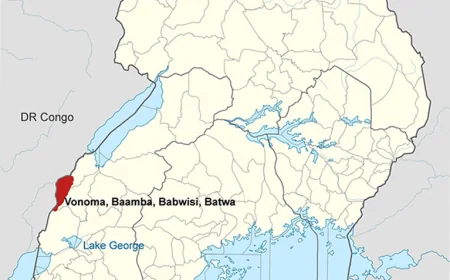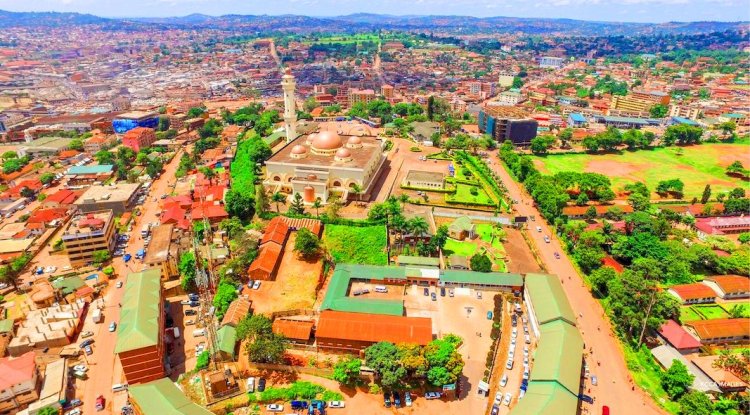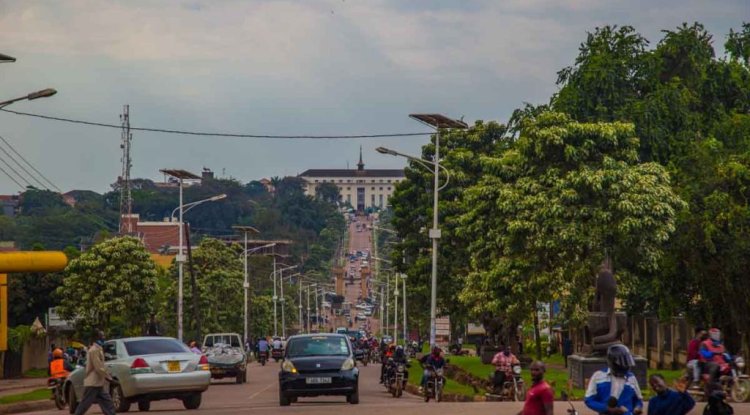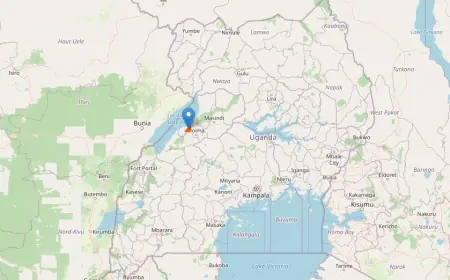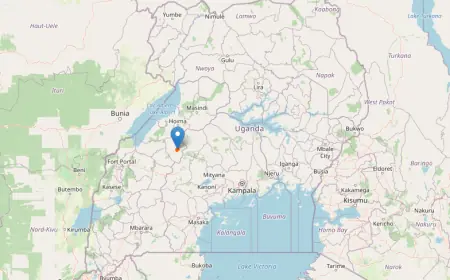Public holidays in Uganda, major offices and businesses may be closed
This article lists upcoming Uganda official public holidays, bank holidays, government holidays, regional public holidays, non-working national holidays and sectorial holidays

The origins of public holidays can be traced back to president-enacted federal holidays. They were usually observed on days that were significant to different segments of Ugandan society, and they are observed at all levels of society, including government and the private sector.
These holidays are usually derived from history, religions, and cultures, and they have evolved over time. The majority of major holidays are commemorated with time off work; however, numerous other holiday celebrations come without time off.
While the popularity of each public holiday is difficult to assess, Christmas has the biggest greeting card sales. Big retail enterprises, such as shopping malls and shopping centres, are closed solely on New Year's and Christmas, but are open on all other holidays (with early closings on Christmas Eve and New Year's Eve, and occasionally on other major holidays).
The major holidays (New Year's Day, Easter, Independence Day, Labour Day, and Christmas) are observed and observed by virtually all large organisations. If they expect to have very few clients on Easter Sunday, some smaller businesses that are generally open on Sundays will close.
Major public holidays in Uganda
|
NAME |
DATE |
DESCRIPTION |
|
New year |
Every 1st January |
New Year's Day is the first day of the year, in the Gregorian calendar, and falls exactly one week after the Christmas Day of the previous year. |
|
NRM Liberation day |
Every 26th January |
Also commonly known as National Liberation Day, the holiday marks the overthrow of the previous government by the National Resistance Movement on this day in 1986. |
|
Remembrance of Archbishop Janani Luwum |
Every 16th February |
It marks the day in 1977 when Archbishop Janani Luwum was killed. |
|
International Women's Day |
Every 8th March |
27 countries (mainly former Soviet republics) have adopted International Women's Day as a national holiday, and it is widely observed in several others. |
|
Good Friday |
Varies from year to year |
Many countries observe Good Friday as a national holiday on the Friday before Easter. The day commemorates the crucifixion and death of Jesus Christ. |
|
Easter Sunday |
Varies but it's the Sunday after good Friday |
Easter is probably the most important holiday of the Christian year, celebrating the Resurrection of Jesus |
|
Easter Monday |
Varies but the Monday after Easter Sunday |
Easter Monday is a Christian holiday celebrated the day after Easter Sunday. |
|
Labour Day |
Every 1st May |
It is most commonly associated as a commemoration of the achievements of the labour movement. The holiday may also be known as International Workers Day or May Day and is marked with a public holiday in over 80 countries. |
|
Eid al-Fitr |
Varies from year to year |
The festival of Eid al-Fitr, the Festival of Fast breaking, marks the end of Ramadan |
|
Martyr's Day |
Every 3rd June |
Commemorates the death of 45 Christians who were killed for not renouncing their faith in 1886 |
|
National Heroes Day |
Every 9th June |
Honours those who have given their lives to improve the lives of people of Uganda |
|
Eid al-Adha (Tentative Date) |
Varies from year to year |
Eid al-Adha, the Feast of Sacrifice is the most important feast in the Muslim calendar. It celebrates the willingness of the Prophet Ibrahim to sacrifice his son Ishmael in submission to Allah's command, before he was stopped by Allah. |
|
Independence Day |
Every 9th October |
Independence Day marks Uganda's independence from the United Kingdom in 1962. |
|
Christmas Day |
Every 25th December |
Christmas celebrates the Nativity of Jesus which according to tradition took place on December 25th 1 BC |
|
Boxing Day |
Every 26th December |
The second day of Christmas is known as Boxing Day or St. Stephens Day. St Stephen was the first Christian martyr. |
What's Your Reaction?
 Like
1
Like
1
 Dislike
0
Dislike
0
 Love
0
Love
0
 Funny
0
Funny
0
 Angry
0
Angry
0
 Sad
0
Sad
0
 Wow
0
Wow
0

